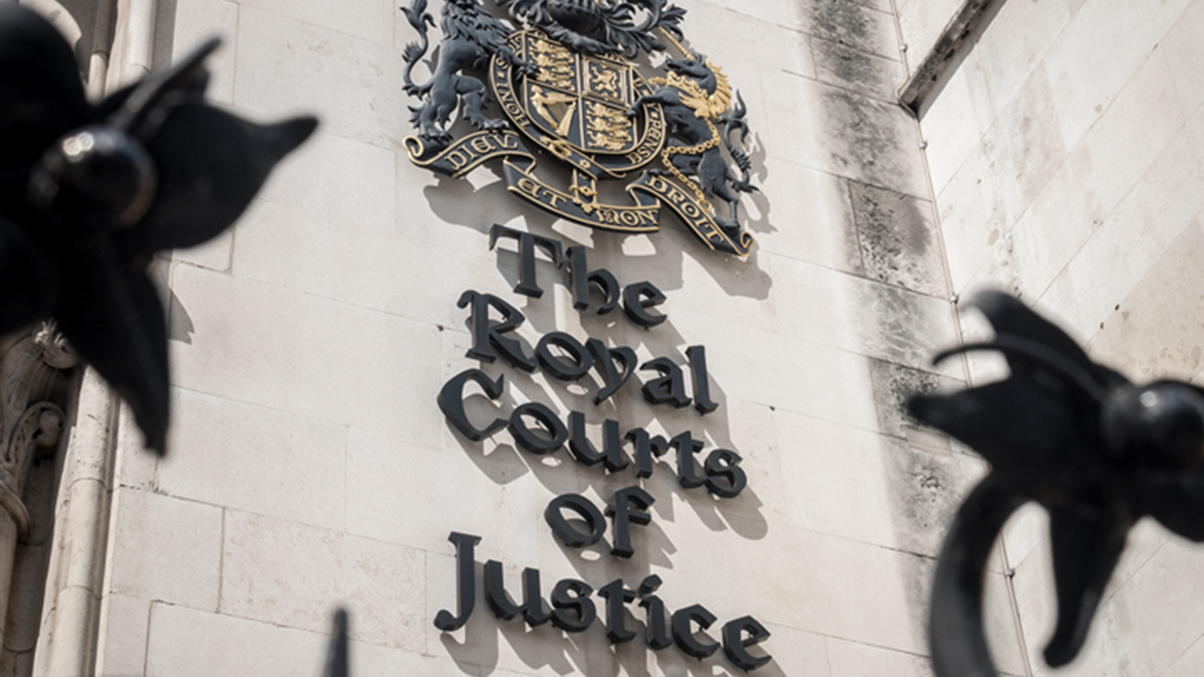According to the Guinness Book of Records, one Mr Johnson George of India holds the world record for the most roles played by any actor in one film. He played 45 roles, including Gandhi, Leonardo Da Vinci and Jesus. Company directors don’t have quite as many roles, nor are they as lofty.
In this article, Tim Symes looks at each of the roles frequently occupied by directors in the English jurisdiction. Tim also examines how those roles can become toxic for the unwary director on the company entering a formal insolvency such as liquidation.
Director as fiduciary
This is probably the most recognisable role for a director and the one that can get them into the hottest water in a formal insolvency.
Before the Companies Act 2006, directors’ fiduciary duties were to be found in case law developed by judges over time. The Companies Act 20026 changed all that. Now, the various duties are neatly set out at sections 171 to 177 of the Companies Act. Importantly, the case law that developed these duties remains effective for the purpose of interpreting the provisions contained in the Act. These duties are:
- To act within their powers
- To promote the success of the company
- To exercise independent judgment
- To exercise reasonable care, skill and diligence
- To avoid conflicts of interest
- Not to accept benefits from third parties
- To declare an interest in a proposed transaction or arrangement
These duties are owed to the company. That is until the company becomes insolvent or nears insolvency. At that point, the duties become owed to the creditors. Up until that point, directors can seek forgiveness for their wrongs from the shareholders by a process of ratification. However, once the duties switch to the creditors, the shareholders’ forgiveness, even if given, provides no protection or comfort.
Once the company goes into liquidation, the directors’ conduct will be carefully investigated by the liquidator to identify any breaches. Any breaches that have caused loss to the company will be communicated to the directors together with a ‘request’ to make good those losses or face legal proceedings.
Director as quasi trustee
A director’s position as trustee of a company’s assets arises from the fiduciary nature of a director’s relationship with the company. If a director disposes of company assets to use for themselves or otherwise derives a benefit from them, they are in breach of trust. Furthermore, there is no limitation period for a breach of trust by a director, leaving them looking over their shoulder indefinitely.
Director as employee
The position of director and employee are distinct, as are the duties imposed by each of those roles. As discussed above, a director is subject to statutory duties as a fiduciary. However, an employee will also be subject to duties and responsibilities, not only written into the service contract but unwritten. These implied terms may endure beyond the director’s employment, and consequently be subjected to scrutiny by a liquidator.
Director as agent
When a director contracts on behalf of a company, they do so as its agent. A director must act within the scope of the agency they have been given. A director must only do things on behalf of the company which the company has authorised them to do.
The extent of the director’s general authority will be found in the company’s articles of association. They may also have more specific powers conferred on them in their separate capacity as employees.
If the director goes beyond their agency authority, they can be personally liable to a third party. When a director signs a contract on behalf of the company, it creates another contract between that director and the third party promising or ‘warranting’ that the director is authorised to enter the main contract and bind the company.
When the company then refuses to perform the contract because the director was not authorised to enter into it and the company is therefore not bound, there is a breach of warranty of authority. The third party then has a claim against the director personally.
Such a breach might happen where, for example, the finance director contracts on behalf of the company for the sale of goods which ought only to have been carried out by the sales director.
The company’s liquidation will not alleviate a director facing a breach of warranty of authority claim. It could mean worse news: the liquidator may also bring a claim against the director for losses caused to the company arising from that breach.
Director as shareholder
Company directors will frequently have a stake in the business, and in smaller companies they may be the absolute owners. For tax reasons, directors in such businesses are known to take a modest salary combined with share dividends. The dividends are frequently taken as loans by the company at first, and those loans are then set off by a dividend declared at the end of the financial year.
This can prove to have been a problematic way of doing things once the company goes into liquidation. Firstly, unless the dividend enabling the loan to be extinguished or reduced has been declared before the company enters liquidation, the loan will stand as a debt owed by the director and can’t be set off by any undeclared dividend. Secondly, even if a dividend has been declared, if there were insufficient profits (usually by reference to the previous accounting year – a fact even accountants sometimes overlook), it will be of no effect; the loan will still be due.
Director as guarantor
Even if the director has fastidiously abided by his fiduciary, trustee, employee, and agency duties, he or she may still become personally liable to certain debts of the company as a guarantor.
The giving of a personal guarantee by a director can be a requirement before lenders will advance monies to a company, especially start-ups. When the company goes into insolvent liquidation and cannot pay its debts, the lender will look to the director personally.
With this fear in mind, a director may rush to pay off those company debts which the director has guaranteed. Unfortunately (for the director guarantor), this is unlikely to work, as it may amount to an unlawful preference which the court can reverse.
Director as contractor
It is not uncommon for the liquidator to discover that substantial ‘consultancy’ fees have been charged by directors or their contractor companies for consultancy fees, with no or insufficient evidence of what those services were for or that they were provided.
If the director cannot justify these fees, they will be challenged as a transaction at an undervalue on the grounds that there is a significant mismatch in the amount of the fees paid compared with the services given. They may also amount to a breach of the director’s duties rendering the director liable to repay some or all of the consultancy fees, plus interest.
Conclusion
The modern director has to juggle an array of roles, each with different responsibilities and consequences. So long as the company is trading as a viable going concern, these roles usually remain benign. However, once the company enters insolvent liquidation, anything the director has done that is inconsistent with any of those roles, or which has triggered liability under them, could haunt them well beyond the company’s immediate liquidation.
You can find further information regarding our expertise, experience and team on our Insolvency and Asset Recovery and Commercial Litigation pages.
If you require assistance from our team, please contact us or alternatively request a call back from one of our lawyers by submitting this form.






